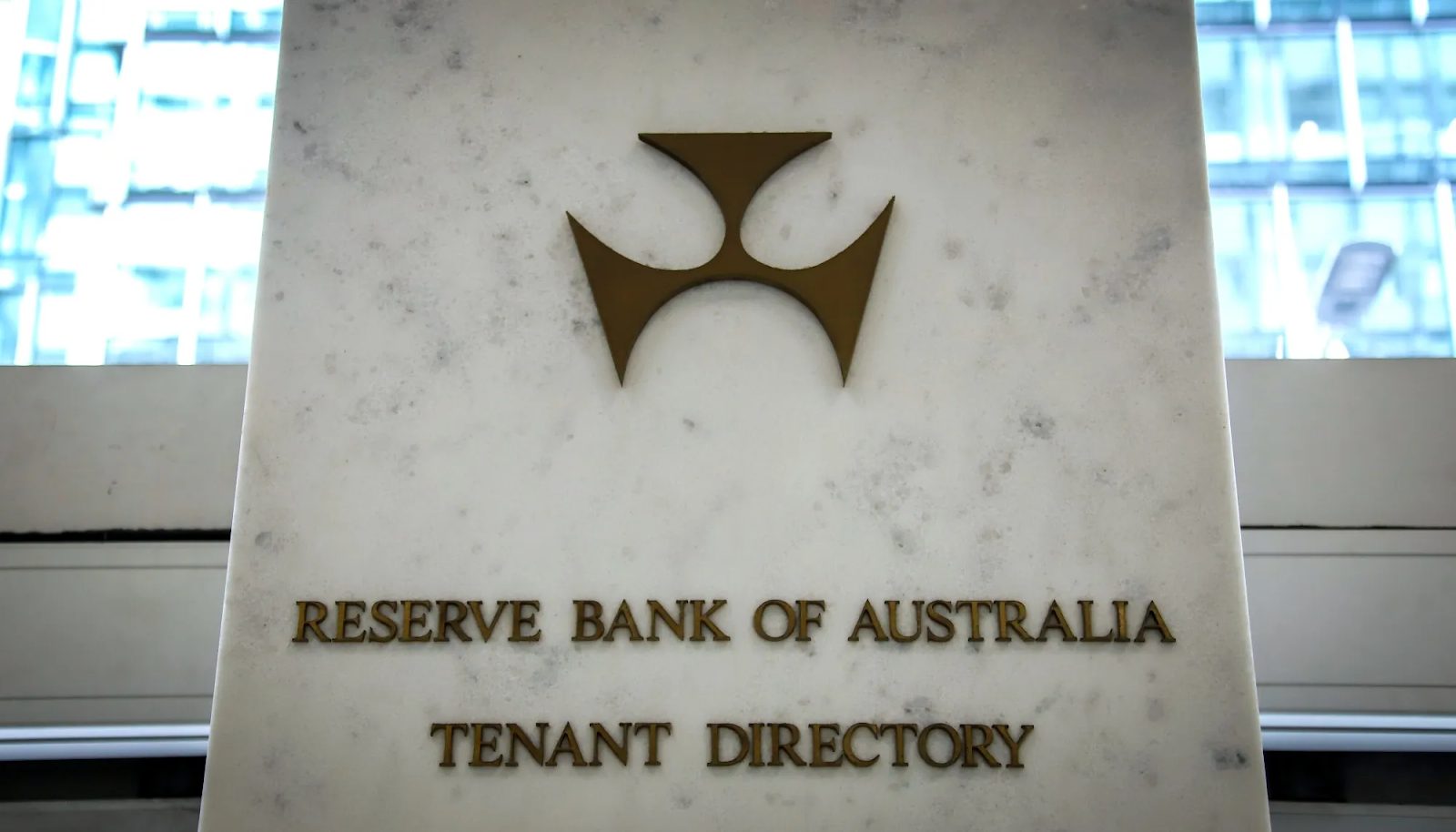Unlock the Editor’s Digest for free
Roula Khalaf, Editor of the FT, selects her favourite stories in this weekly newsletter.
Alex Salmond, the former first minister of Scotland, has died, it was announced on Saturday.
He had been in North Macedonia delivering a speech. He was 69.
A fiery orator and towering figure in Scottish politics, Salmond transformed the Scottish National party’s electoral appeal, propelling them into power in 2007 at the devolved parliament in Holyrood, where the SNP still govern.
In 2011, the majority the SNP secured in that parliament built momentum towards independence from the UK, setting the scene for the referendum of 2014.
The campaign, which sparked a strong debate, ended in a win for the UK status quo and his resignation as first minister and party leader.
In 2018, he was accused of sexual misconduct but two years later a jury acquitted him of all 13 offence charges in a two-week trial.
The scandal destroyed his relationship with his successor, Nicola Sturgeon, and the SNP more broadly. Since 2021, he had led the splinter pro-independence Alba Party.
John Swinney, SNP leader and first minister, said Salmond had “fought fearlessly for the country”.
“He took the Scottish National party from the fringes of Scottish politics into government and led Scotland so close to becoming an independent country,” Swinney said.
Sir Keir Starmer, UK prime minister, described Salmond as a “monumental” figure who had left behind a “lasting legacy”.
Salmond led the SNP for 20 years over two stints, between 1990 and 2000 and 2004 to 2014.
Growing up in humble surroundings in Linlithgow, he studied economics at St Andrews University, going on to work in the public and private sectors as an economist before entering into the political arena as a radical firebrand, agitating for a more left-leaning approach by the SNP, which had often been characterised as “Tartan Tories”.
Salmond’s death comes as he was preparing to return to the frontline of Scottish politics, saying he would run for office in the 2026 Holyrood elections.
The SNP is bracing itself — and its hopes for independence — for a challenge from a resurgent unionist Labour party which could oust the nationalists from power after 19 years in government.
Salmond’s Alba party disagrees with the SNP’s independence strategy, has backed the North Sea energy industry in the face of criticism from climate activists and challenged what it characterised as “wokeism” on issues such as trans rights that gained more prominence during Sturgeon’s leadership of the SNP.
Alba has a sole MSP in the Scottish parliament who defected from the SNP and failed to make a breakthrough during this year’s UK general election.
Salmond hoped to revive its fortunes and was being courted by nationalist politicians seeking to rebuild a broader alliance for independence.
Credit: Source link











